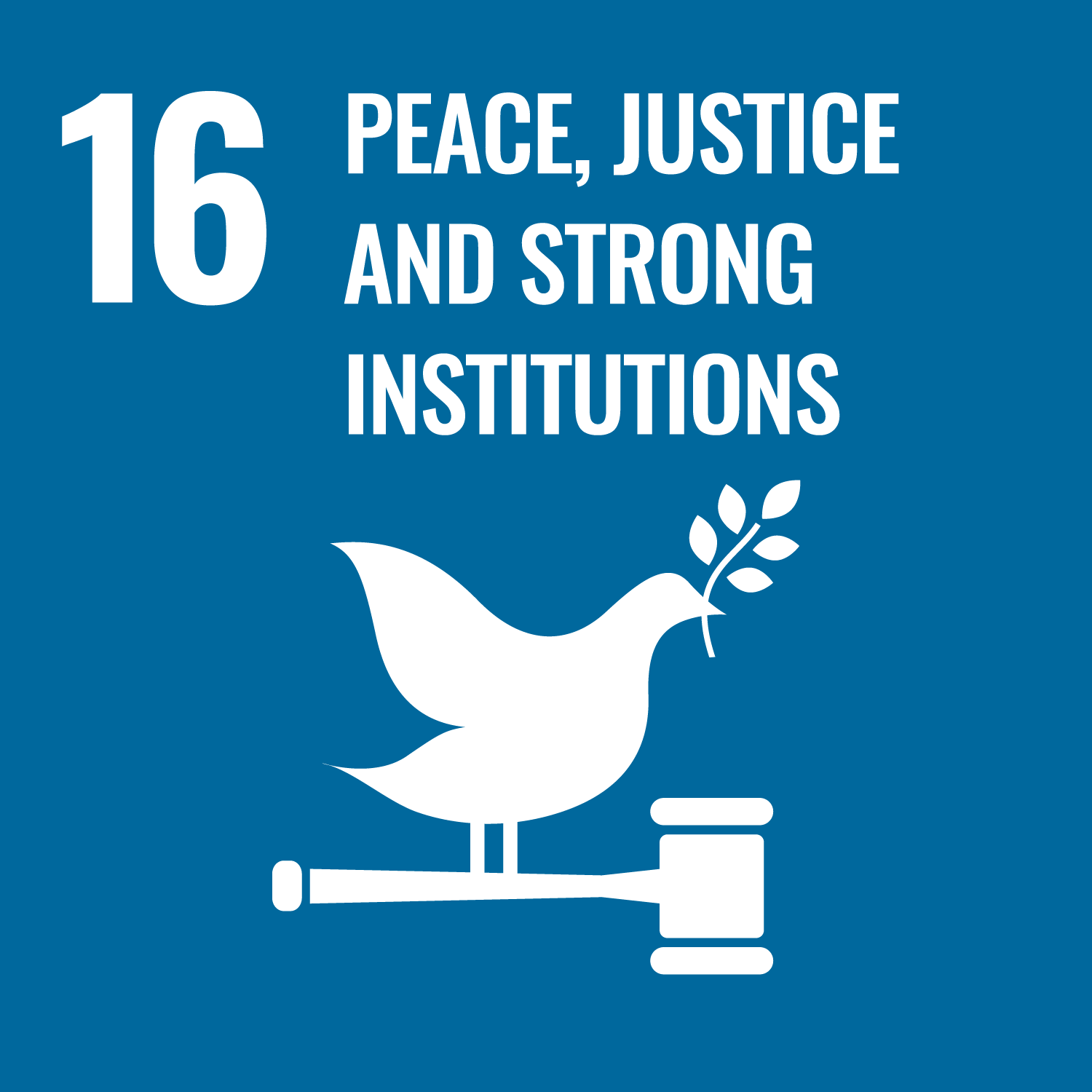ORCID
- Victoria Allgar: 0000-0002-5228-2623
Abstract
Background: Leishmaniasis is a globally important yet neglected parasitic disease transmitted by phlebotomine sand flies. With new candidate vaccines in or near the clinic, a controlled human challenge model (CHIM) using natural sand fly challenge would provide a method for early evaluation of prophylactic efficacy. Methods: We evaluated the biting frequency and adverse effects resulting from exposure of human volunteers to bites of either Phlebotomus papatasi or P. duboscqi, two natural vectors of Leishmania major. 12 healthy participants were recruited (mean age 40.2 ± 11.8 years) with no history of significant travel to regions where L. major-transmitting sand flies are prevalent. Participants were assigned to either vector by 1:1 allocation and exposed to five female sand flies for 30 minutes in a custom biting chamber. Bite frequency was recorded to confirm a bloodmeal was taken. Participant responses and safety outcomes were monitored using a visual analogue scale (VAS), clinical examination, and blood biochemistry. Focus groups were subsequently conducted to explore participant acceptability. Results: All participants had at least one successful sand fly bite with none reporting any serious adverse events, with median VAS scores of 0-1/10 out to day 21 post-sand fly bite. Corresponding assessment of sand flies confirmed that for each participant at least 1/5 sand flies had successfully taken a bloodmeal (overall mean 3.67±1.03 bites per participant). There was no significant difference between P. papatasi and P. duboscqi in the number of bites resulting from 5 sand flies applied to human participants (3.3±0.81 vs 3.00±1.27 bites per participant; p=0.56). In the two focus groups (n=5 per group), themes relating to positive participant-reported experiences of being bitten and the overall study, were identified. Conclusions: These results validate a protocol for achieving successful sand fly bites in humans that is safe, well-tolerated and acceptable for participants. Clinicaltrials.gov registration: NCT03999970 (27/06/2019)
DOI Link
Publication Date
2021-06-30
Publication Title
Wellcome Open Research
Volume
6
Acceptance Date
2021-06-30
Deposit Date
2021-11-11
Embargo Period
2022-08-05
First Page
168
Last Page
168
Recommended Citation
Parkash, V., Ashwin, H., Sadlova, J., Vojtkova, B., Jones, G., Martin, N., Greensted, E., Allgar, V., Kamhawi, S., Valenzuela, J., Layton, A., Jaffe, C., Volf, P., Kaye, P., & Lacey, C. (2021) 'A clinical study to optimise a sand fly biting protocol for use in a controlled human infection model of cutaneous leishmaniasis (the FLYBITE study)', Wellcome Open Research, 6, pp. 168-168. Available at: 10.12688/wellcomeopenres.16870.1


